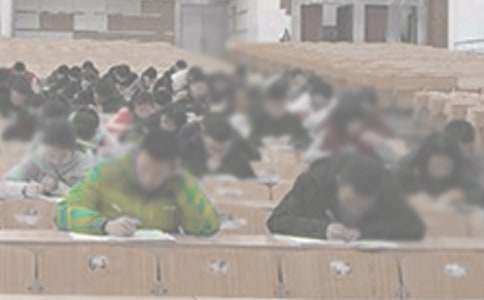- 相关推荐
关于四级考试阅读主旨题解题技巧实战
Education is much more open-ended and all-inclusive than schooling. Education knows not limits. It can take place anywhere, whether in the school or on the job, whether in a kitchen or on a tractor. It includes both the formal learning that takes place in schools and the whole universe of informal learning. The agent of education can vary from respected grandparents to the people arguing about politics on the radio, from a child to a famous scientist. Whereas schooling has a certain predictability(可预料性), education quite often produces surprises. A chance conversation with a strange may lead a person to discover how little is know of other religious . People receive education from infancy on. Education, then, is a very broad, inclusive term. It is a lifelong process, a process that starts long before the start of school, and one that should be a necessary of ones entire life.

Schooling, on the other hand, is a specific, formalized process, whose general pattern varies little from one setting to the next. Throughout a country, children arrive school at about the same time, take the assigned seats, are taught by the adult, use similar textbooks, do homework, take exams, and so on. The pieces of reality that are to be learned, whether they are the alphabet or an understanding of the workings of government, have been limited by the subjects being taught. For example, high school students know that they are likely to find out in their classes the truth about political problems in their society or what the newest filmmakers are experimenting with. There are clear undoubtful conditions surrounding the formalized of schooling.
【四级考试阅读主旨题解题技巧实战】相关文章:
古诗阅读题的解题技巧10-20
四级阅读考试冲刺的复习小技巧02-10
课外阅读解题技巧04-20
语文阅读理解的解题技巧及方法03-08
小升初语文阅读题解题技巧05-22
《麋鹿》阅读题01-17
《山民》 阅读题01-15
阅读题:天窗01-24
《童趣》阅读题01-15
《客》阅读题11-08
